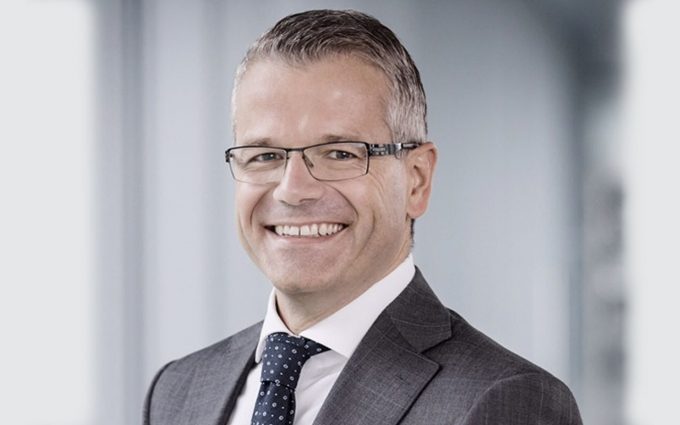Temporary tariff relief brings on early transpacific peak season
The container peak season on the transpacific trade could start as early as today – ...

Maersk recorded its “best financial result in its history” last year, showing a net profit of $29.3bn – but its outlook has been scaled back substantially for this year, predicting an ebit of $2bn to $5bn.
The company said its ocean contract rates were “trending towards spot rates” and it was anticipating “very low profitability” for its liner sector as the market transitioned.
Moreover, that guidance is subject to a recovery in demand in the second half of the year.
“We are not ...
Asia-USEC shippers to lose 42% capacity in a surge of blanked sailings
USTR fees will lead to 'complete destabilisation' of container shipping alliances
Outlook for container shipping 'more uncertain now than at the onset of Covid'
New USTR port fees threaten shipping and global supply chains, says Cosco
Transpac container service closures mount
DHL Express suspends non-de minimis B2C parcels to US consumers
Zim ordered to pay Samsung $3.7m for 'wrongful' D&D charges
Flexport lawsuit an 'undifferentiated mass of gibberish', claims Freightmate
Uncertainty over US tariffs sparks interest in bonded warehouses for imports
Cancelled voyages take the sting out of spot rate declines this week
Blanked sailings in response to falling demand 'just a stop-gap solution'
Shippers warned: don't under-value US exports to avoid tariffs – 'CBP will catch you'


Comment on this article